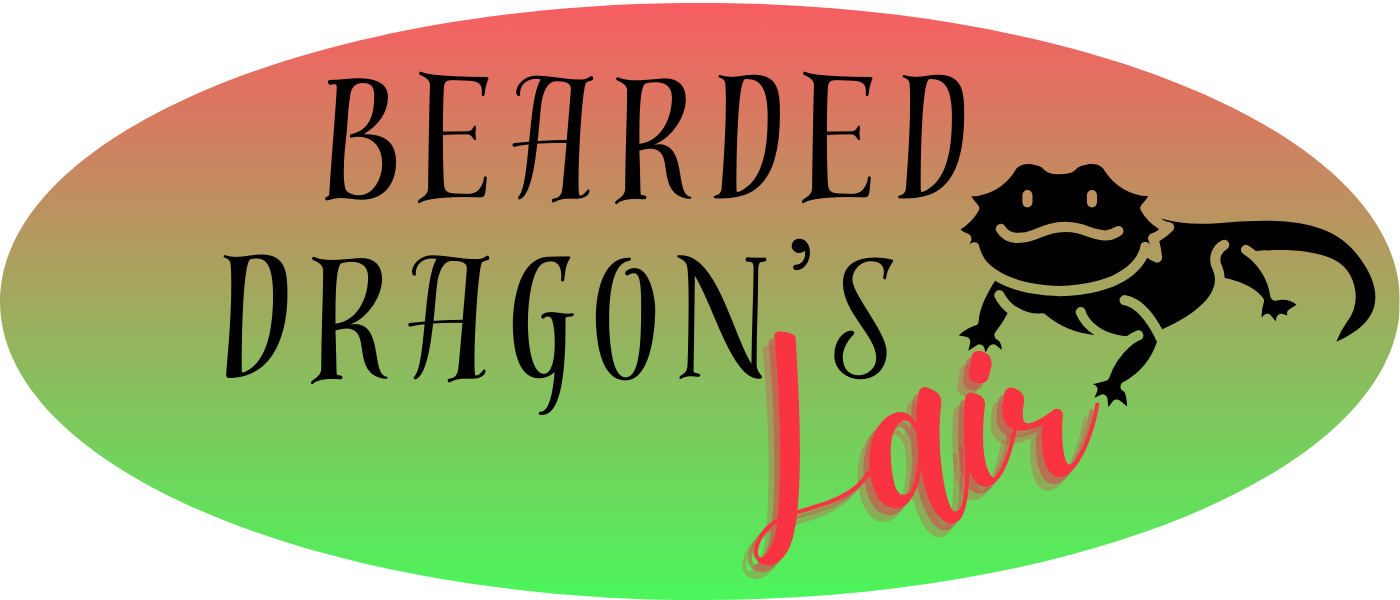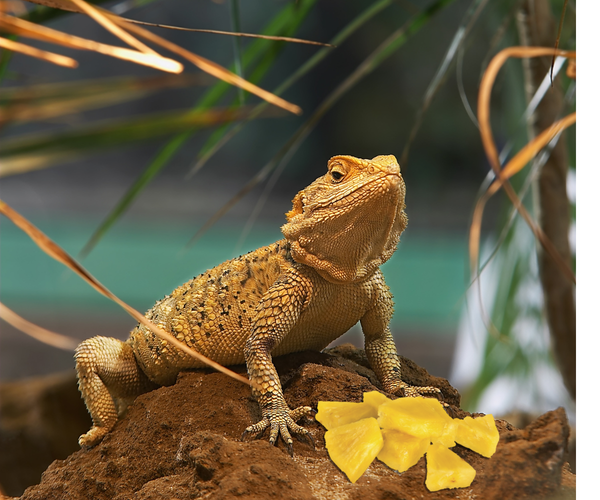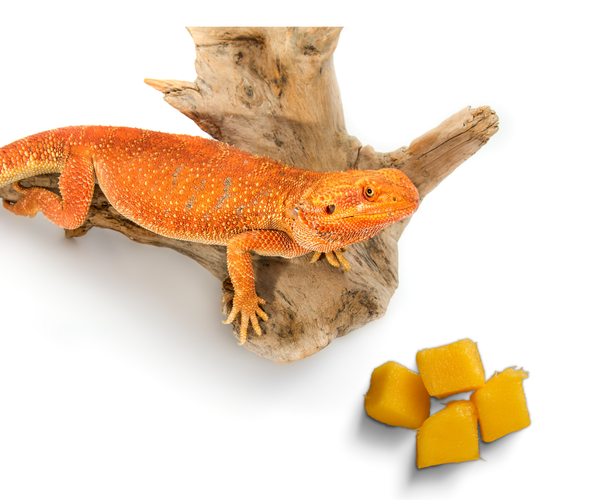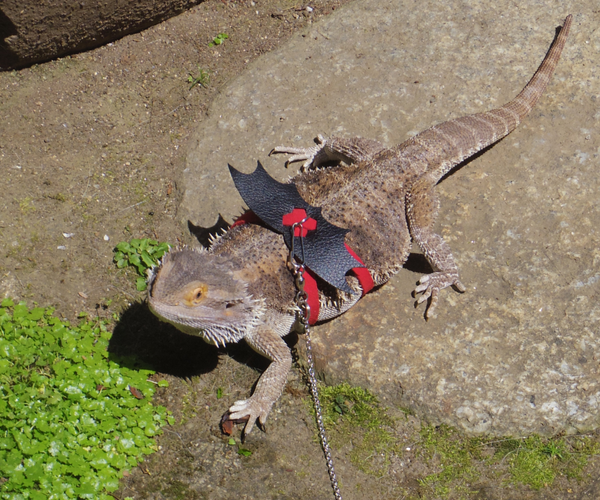Can Bearded Dragons Eat Eggs?
In the wild, these reptiles consume a mix of insects, vegetables, and occasional small animals. Eggs, as a source of protein, can be part of this diet but should be approached with caution.
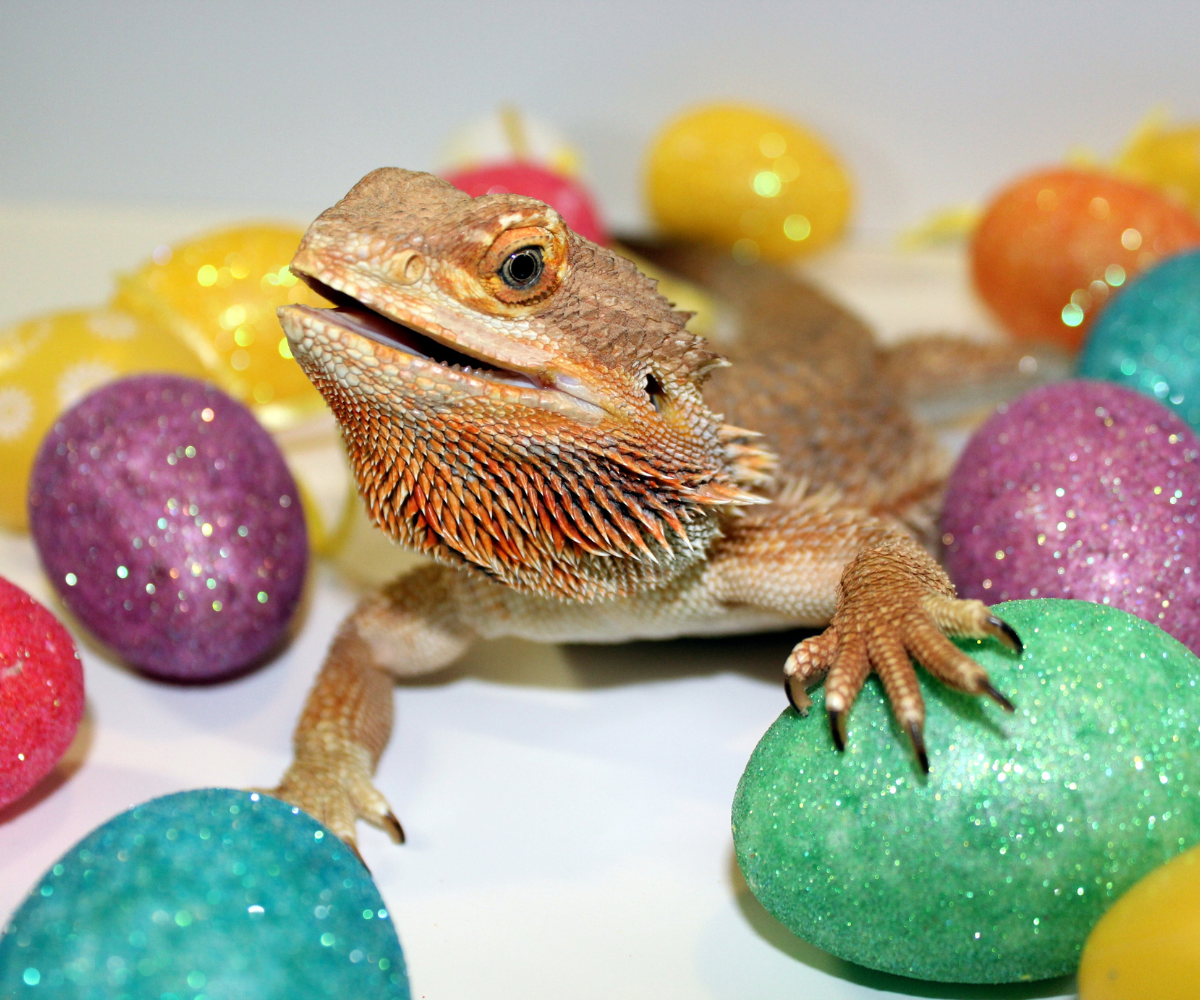
Key Takeaways:
- Bearded dragons can consume eggs, but they should be offered as a rare treat due to their high protein and fat content.
- Eggs must be cooked thoroughly before being given to bearded dragons to avoid the risk of salmonella.
- Portion control is crucial when feeding eggs to bearded dragons to prevent obesity and nutritional imbalances.
Can bearded dragons eat eggs? The answer is yes, but there are important considerations to keep in mind.
Understanding Bearded Dragon Nutrition
Bearded dragons thrive on a diet that is rich in variety. In the wild, these reptiles consume a mix of insects, vegetables, and occasional small animals. Captivity diets aim to replicate this balance, emphasizing the need for proper nutrition to maintain health and vitality. Eggs, as a source of protein, can be part of this diet but should be approached with caution.
The Role of Protein in a Bearded Dragon's Diet
Protein is a crucial component of a bearded dragon's diet, especially for growing juveniles. It supports their growth, tissue repair, and overall health. However, adult bearded dragons require less protein compared to their younger counterparts. This is where eggs come into play – as a protein-rich food, they must be given sparingly to avoid overconsumption.
How to Safely Feed Eggs to Your Bearded Dragon
When feeding eggs to your bearded dragon, it's essential to cook them thoroughly to eliminate any risk of salmonella – a concern for both the pet and the owner. Scrambled or hard-boiled eggs are the most suitable forms to offer, ensuring they are free from any added oils, seasonings, or salt.
Portion Size and Frequency Matters
The portion size of eggs for bearded dragons should be small, considering their size and dietary requirements. A piece of egg equivalent to the size of the dragon's head is a good measure. This should be offered no more than once a month to prevent nutritional imbalances and obesity.
The Benefits of Eggs for Bearded Dragons
Eggs are not only a source of protein but also contain essential vitamins and minerals beneficial for bearded dragons. They provide vitamin B12, riboflavin, selenium, and fatty acids, which can contribute to a healthy diet when offered in moderation.
Potential Risks of Feeding Eggs to Bearded Dragons
Despite their nutritional value, eggs also pose potential risks to bearded dragons if not managed correctly. The high-fat content can lead to weight gain, while excessive protein can strain the kidneys. It's vital to balance egg consumption with other dietary components.
Alternatives to Eggs in a Bearded Dragon's Diet
For owners looking to diversify their bearded dragon's protein sources, alternatives to eggs include appropriately sized insects like crickets, mealworms, and dubia roaches. These provide protein in a more natural form that bearded dragons would encounter in the wild.
How to Incorporate Eggs into a Balanced Diet
Incorporating eggs into a bearded dragon's diet should be done with consideration of their overall dietary plan. This includes a balance of leafy greens, vegetables, and insects, with eggs as an occasional supplement to ensure a well-rounded intake of nutrients.
Monitoring Your Bearded Dragon's Health
Regularly monitoring your bearded dragon's health and weight is crucial when introducing new foods like eggs. Any signs of digestive issues or weight changes should prompt a reassessment of their diet and possibly a consultation with a veterinarian.
Summary
Eggs can be a nutritious treat for bearded dragons when offered correctly. They should be cooked, unseasoned, and given in small portions infrequently. It's essential to monitor the health and dietary balance of your bearded dragon to ensure they remain healthy and happy. Always consider the age and specific needs of your pet when introducing new foods like eggs into their diet.
FAQ Section
Q: How often can I feed my bearded dragon eggs? A: Eggs should be fed to bearded dragons sparingly, no more than once a month, to avoid health issues related to high protein and fat intake.
Q: Can bearded dragons eat raw eggs? A: No, bearded dragons should not eat raw eggs due to the risk of salmonella. Always serve eggs cooked and without any additives.
Q: Are there any specific types of eggs that are best for bearded dragons? A: Bearded dragons can eat common chicken eggs, but they should be given in moderation regardless of the type. Always ensure the eggs are cooked and served in appropriate portion sizes.
